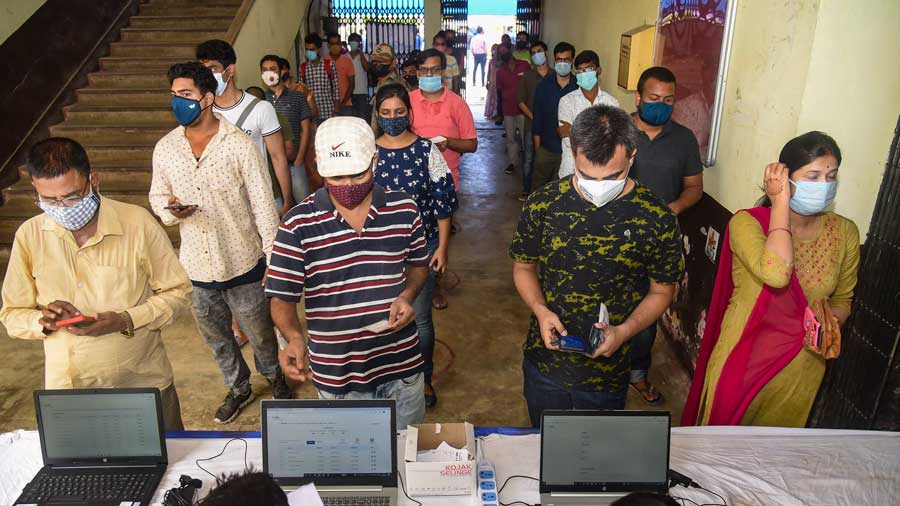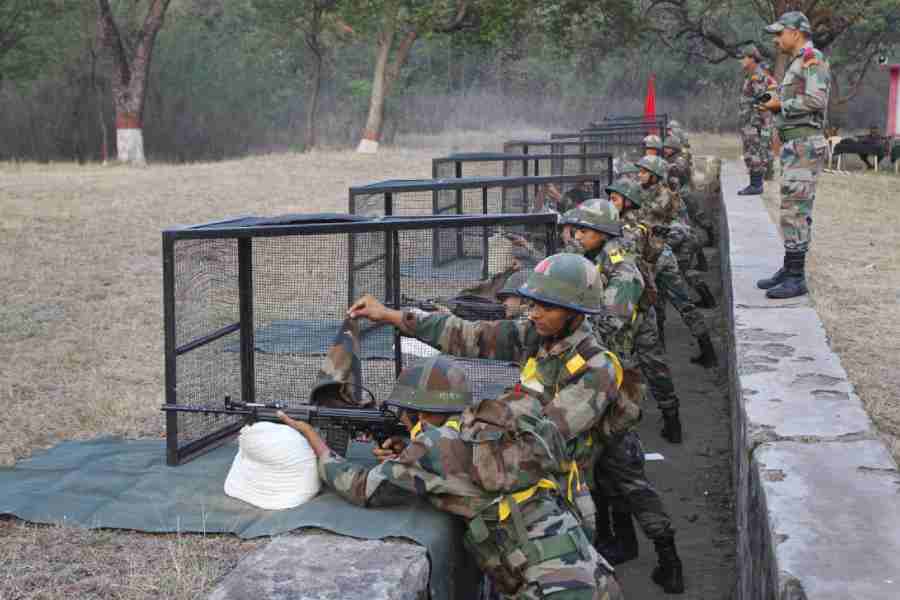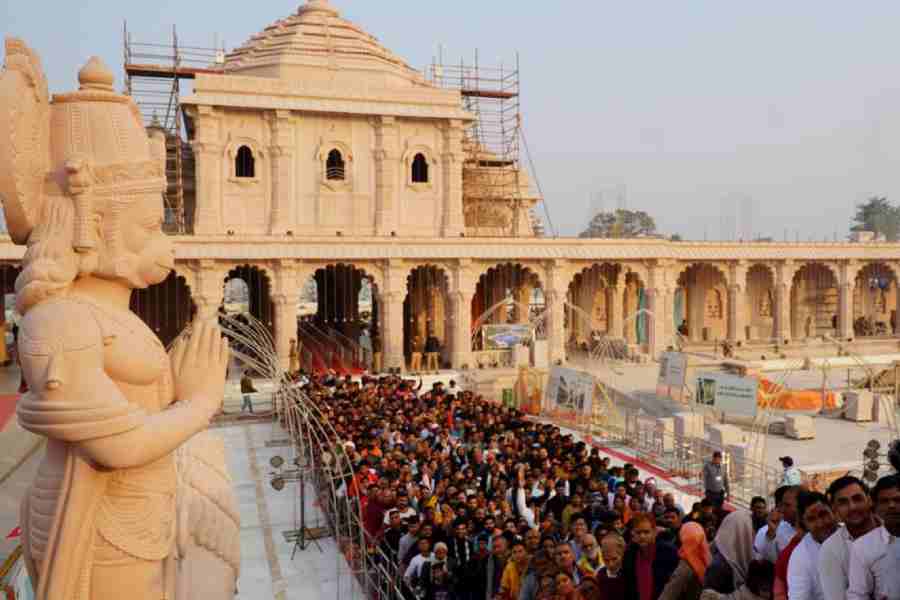The United Nations, in collaboration with civil society organisations, has initiated a movement called “Verified” in Bihar aimed at ending the Covid-19 pandemic by empowering people with science-based information and helping them counter misinformation and rumours to build a momentum for a globally coordinated response.
The initiative will also target vaccine hesitancy in the state.
Vaccination in Bihar has lagged so far, especially in the rural areas, owing to rumours about the jabs causing infertility, blindness, death, black fungus, disfigured babies, and being unsafe for menstruating women.
There are also rumours that certain people and castes do not need to take vaccines and eating various herbs and plant-based concoctions will make people immune to the coronavirus.
The UN initiative has asserted that the vaccination campaign needs to engage with women and empower them to seek the right information, health services and make a decision with regard to vaccines. Apart from Bihar, the initiative has also been rolled out in Kerala, Maharashtra, Uttar Pradesh and Delhi.
Various e-commerce, fact-checking, media and communication platforms have been roped in for the purpose. Collaborations have been made with organisations such as the Bihar Youth for Child Rights, Teachers of Bihar, Chanakya National Law University, National Alliance Group for Denotified and Notified Tribes to engage 400 youths, 10,000 teachers, doctors and experts from different fields.
The World Health Organisation (WHO) has termed the widespread misinformation during the pandemic as an infodemic and has insisted on measures to address the situation.
“People think of the menstrual or lactation period of women as a time when Covid-19 vaccines should not be taken. These are two entirely different dimensions with no connection. They need to understand clearly that the vaccine is concerned with the stimulation of the immune system to produce antibodies. Vaccination during menstruation or lactation is safe,” said Setu Sinha, a doctor and assistant professor (community medicine) at the Indira Gandhi Institute of Medical Sciences, Patna.
The initiative also aims to address the significant digital divide between men and women in Bihar. The latest figures from the National Family Health Survey revealed that four out of five women or 80 per cent of the total female population in the state have never used the Internet. This puts them at a disadvantage with regard to accessing healthcare and vaccination information and services.
“There is much confusion and mistrust about Covid-19 vaccines in the rural areas. The lack of proper information needs to be urgently addressed across the state,” said Namrata Mishra, a member of Teachers of Bihar.
There had been several instances in which vaccine volunteers were not allowed to talk and convince women in different parts of Bihar.
“Its not a woman’s decision to take the vaccine. Their family decides for them. Families often do not allow the volunteers to talk to women to give the correct information about vaccination,” said Juhi Kalam, a research fellow at the National Alliance Group — Denotified and Nomadic Tribes, and a Covid-19 vaccine volunteer at Forbesganj in Araria district.
The UN Verified initiative will also provide access to healthcare professionals through sessions and tele-consultation.










